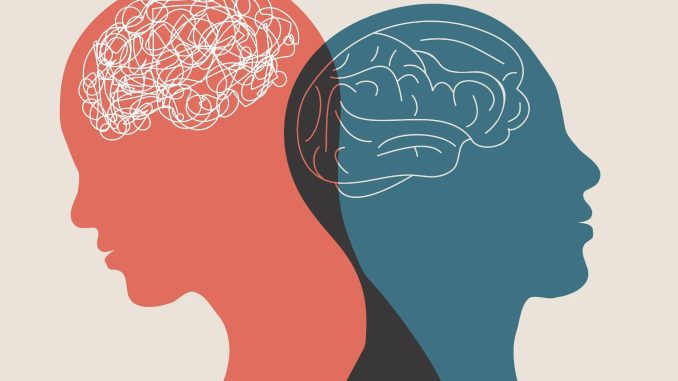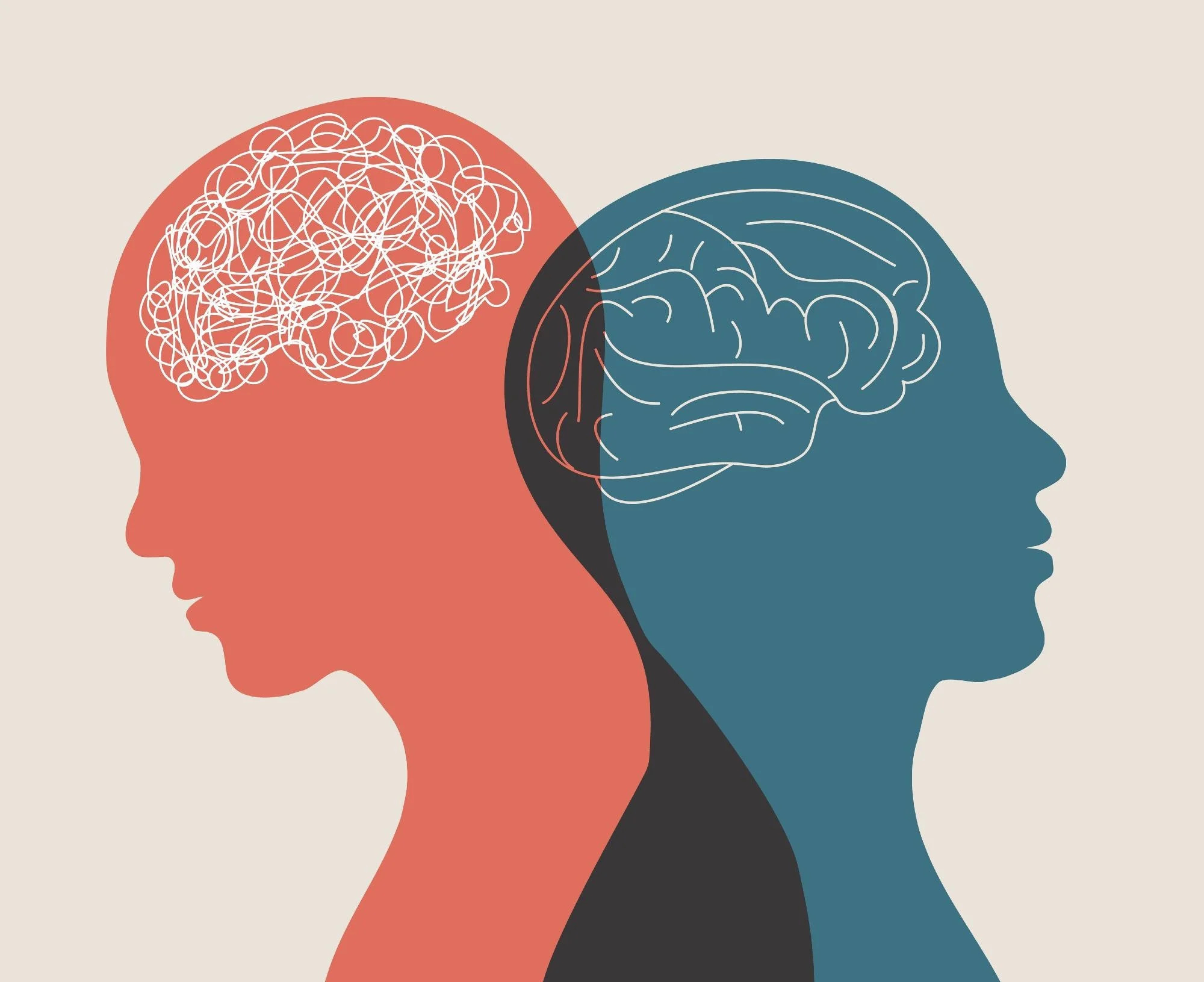
All you Need to Know About Mental Health
A vital component of total well-being, mental health includes our emotional, psychological, and social well-being. It has an impact on our thoughts, feelings, and behaviors as well as our capacity to manage stress, interact with others, and make decisions. Neglecting our mental health can have detrimental effects on our quality of life since it is equally as important as our physical health.
The significance of mental health has been acknowledged more recently, and initiatives to lessen stigma and advance mental wellness have also stepped up.
- Understanding Mental Health: Mental health encompasses a wide range of conditions, from common mental health disorders like anxiety and depression to more severe conditions like schizophrenia and bipolar disorder. It also includes factors such as resilience, coping skills, and the ability to navigate life’s challenges. Mental health is influenced by a combination of biological, psychological, and environmental factors, including genetics, brain chemistry, life experiences, and social support systems.
- The Importance of Mental Health: Mental health is essential for overall well-being and is closely linked to physical health, social functioning, and quality of life. Good mental health enables us to cope with stress, maintain positive relationships, work productively, and enjoy life to the fullest. Conversely, poor mental health can impair our ability to function effectively, leading to difficulties in work, school, and relationships, as well as increased risk of physical health problems and substance abuse.
- Common Mental Health Disorders: Common mental health disorders include anxiety disorders, mood disorders (such as depression and bipolar disorder), psychotic disorders (such as schizophrenia), eating disorders, and substance use disorders. These conditions can vary in severity and may have a significant impact on daily functioning and quality of life. It’s important to recognize the signs and symptoms of mental health disorders and seek help when needed.
- Reducing Stigma: Stigma and discrimination surrounding mental health continue to be significant barriers to seeking help and accessing appropriate treatment. Negative attitudes and stereotypes about mental illness can lead to feelings of shame, isolation, and reluctance to disclose symptoms or seek support. Efforts to reduce stigma and promote mental health awareness are essential for creating a more supportive and inclusive society where individuals feel comfortable seeking help when needed.
- Promoting Mental Wellness: Mental wellness refers to a state of well-being in which individuals are able to cope with stress, maintain positive relationships, and function effectively in their daily lives. Promoting mental wellness involves taking proactive steps to protect and enhance mental health, such as practicing self-care, engaging in activities that bring joy and fulfillment, seeking social support, and developing healthy coping skills.
- Access to Mental Health Services: Access to mental health services is essential for individuals experiencing mental health challenges to receive appropriate care and support. However, many barriers exist to accessing mental health services, including cost, lack of availability, and stigma. Efforts to improve access to mental health care include expanding insurance coverage for mental health services, increasing funding for community mental health programs, and integrating mental health services into primary care settings.
- Self-Care Strategies: Practicing self-care is essential for maintaining good mental health and well-being. Self-care activities may include getting regular exercise, eating a balanced diet, getting enough sleep, practicing relaxation techniques (such as deep breathing or meditation), spending time with loved ones, pursuing hobbies and interests, and seeking professional help when needed.
In summary, mental health is an important aspect of overall wellbeing that requires consideration and assistance. We can create a society in which everyone has the chance to flourish mentally, emotionally, and socially by elevating mental wellness, decreasing stigma, increasing access to mental health services, and engaging in self-care.

Leave a Reply